Andrew Fiss presented a research paper titled “Singing Songs of HSS: Joking about the Standards of our Discipline” on Dec. 9 as part of the History of Science Society Virtual Festival.
Fiss’ paper analyzed a History of Science Society meeting and a related alumni reunion that occurred in Bloomington, Indiana, on Oct. 31, 1985. It argued that singing together in educational communities has led to heightened experiences of belonging.
He also chaired the virtual session “Sites of Science,” with contributed papers about tribal medicine of Santhal, India; Berzelius’ home laboratory in Sweden; agricultural stations of Hainan and Guangdong provinces, China; and environmental farming practices of Bihar, India.

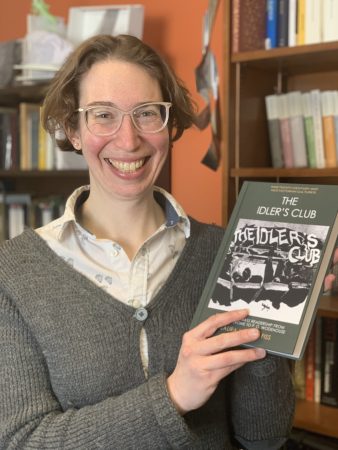
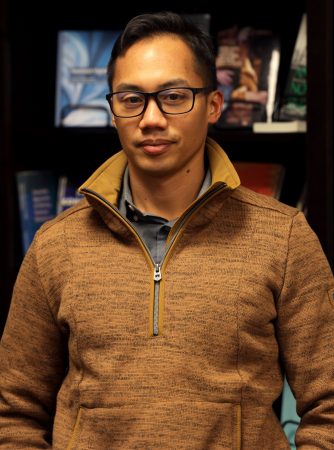
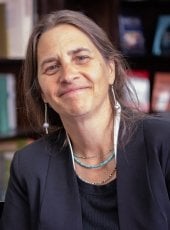


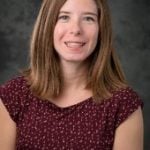
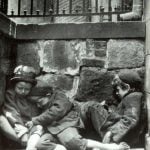
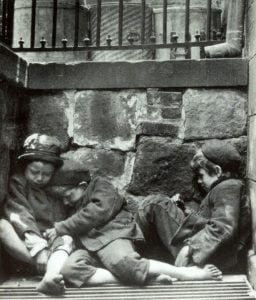
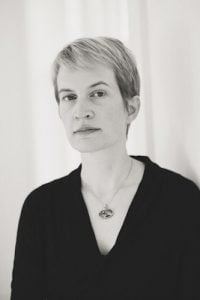
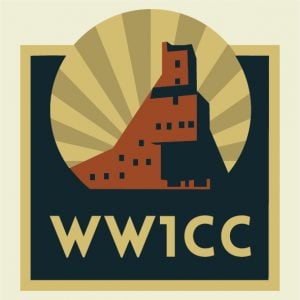 A talk on Copper Country Mothers during World War I by
A talk on Copper Country Mothers during World War I by